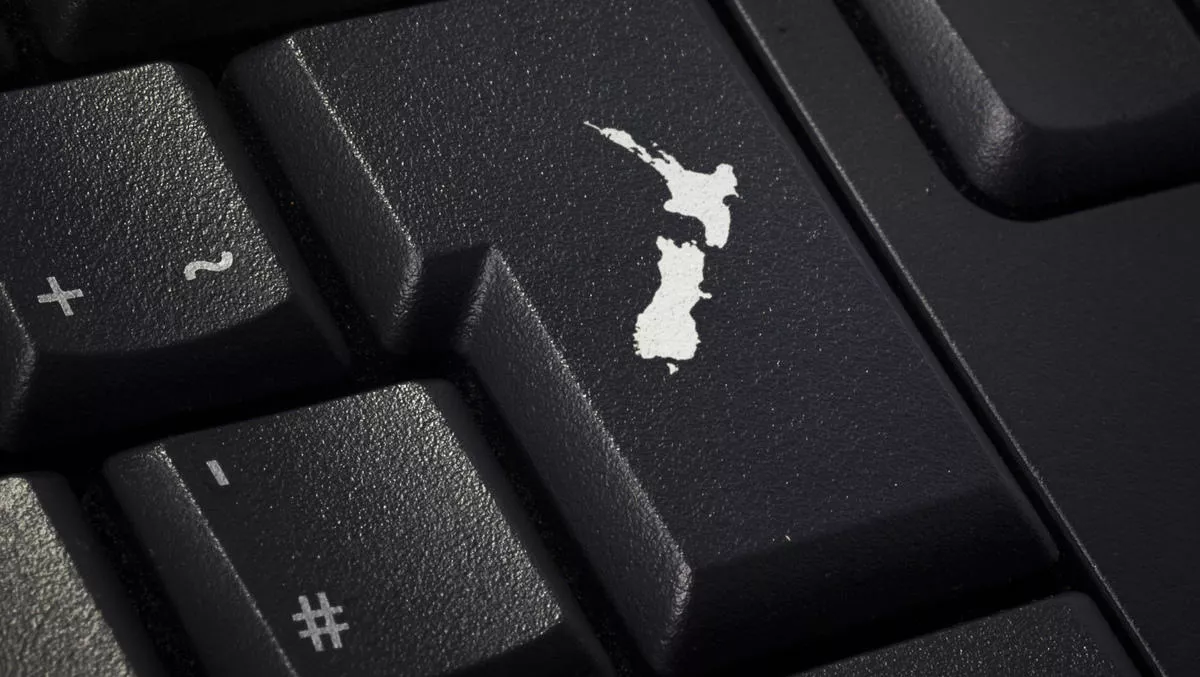
88% of Kiwi business decision-makers say innovation is now a ‘must' for them to respond quickly to market challenges and opportunities and ensure business resilience, according to new research from Microsoft.
In a short span of six months, the proportion of New Zealand businesses who are leaders in a culture of innovation increased by almost 40% from pre-COVID-19 times.
Currently, 25% of organisations are leaders, significantly higher than the Asia Pacific average of 8%.
Additionally, 62% of New Zealand organisations are speeding up digitalisation to adapt to the new reality – from launching digital products and introducing digital payments, to embracing eCommerce and automation.
“Innovation is no longer an option, but a necessity. We've seen how the recent crisis spurred transformation across the region, and organisations will have to integrate the ability to innovate into their core, to recover,” says Microsoft New Zealand national technology officer Russell Craig.
“Organisations in New Zealand have realised how much their ability to innovate fuels their performance and business resilience during the crisis. Since COVID-19, 58% of organisations in New Zealand have found innovation to be easier. This demonstrates how firms are embracing a culture of innovation to become more mature and accelerate their transformation. What is exciting is that, as New Zealand's access to world-leading technology increases, like Microsoft's data center region in Aotearoa, we think New Zealand businesses are well-positioned to become innovation leaders and drive further economic growth for the country.
Looking ahead
The study found that in the span of six months, organisations in New Zealand have matured in a culture of innovation by 10%. However, while this is a step in the right direction, we are still behind when compared to innovation leaders.
Demonstrating their stronger propensity for resilience and adaptability, 40% more innovation leaders in Asia Pacific, as compared with organisations in New Zealand, expect an increase in their revenue and one in three of them expect to increase their market share despite the crisis.
The study also revealed that while significantly more organisations in New Zealand found innovation to be hard (85%) before COVID-19, they have since shifted perceptions with less New Zealand organisations (42%) and leaders (36%) adopting this sentiment now.
This is an effect of having been forced to accelerate innovation in response to disruptions in the market.
Moving forward, both organisations in New Zealand and innovation leaders in Asia Pacific say they will prioritise skilling, while leaders also plan to focus on investing in technology infrastructure that is robust and allows scalability and flexibility.
This is already being implemented, with Microsoft recently announcing a global skilling initiative that aims to bring digital skills to 100,000 New Zealanders by the end of the year.
“We see amongst leaders a constant appetite for growth and evolution. During COVID-19, 45% of them said they think their business model will lose competitiveness in five years' time, as compared to 32% of firms in New Zealand. This desire and urgency for continuous improvement through agility and adaptation to change will determine the success of businesses in this new normal,” says Craig.
Focus on people
Organisations in New Zealand were found to perform better than their Asia Pacific counterparts in all aspects of a culture of innovation, with technology as their strongest dimension.
When asked about their priorities for the next 12 months, they indicated that they will focus on people (34%) as the most essential for business resilience and recovery.
“It is encouraging to see business leaders in New Zealand recognise that focus on people and culture, in addition to technology, is crucial to drive sustained innovation and realise the digital transformation ambition,” said Craig.
“Achieving success in digital transformation requires both the adoption of tools and technologies as well as own people's capabilities – what we term as tech intensity – a critical component of the culture of innovation.
Using the culture of innovation framework, the study revealed the successful formula to help a company to foster a culture of innovation, and it comes in four parts – fortify resilience with technology, invest in skilling, leverage data to increase competitiveness and redesign processes to empower people.
“It's imperative that people are equipped to collaborate and encouraged to drive sustained innovation. Our goal is to realise an inclusive future where all organisations in New Zealand are dynamic and resilient – to recover well and thrive despite the crisis. At Microsoft, we are committed to working with organisations in New Zealand to make this happen, together,” concluded Craig.
About the research
The research was completed in two separate phases, pre-COVID-19 and post-COVID-19.
Over 3400 workers and business decision-makers were interviewed globally for phase one, then an additional 3300 workers and business decision-makers were interviewed for phase two.
In New Zealand, 217 business decision-makers and workers were interviewed for phase one, with an additional 200 workers and business decision-makers being interviewed for phase two.